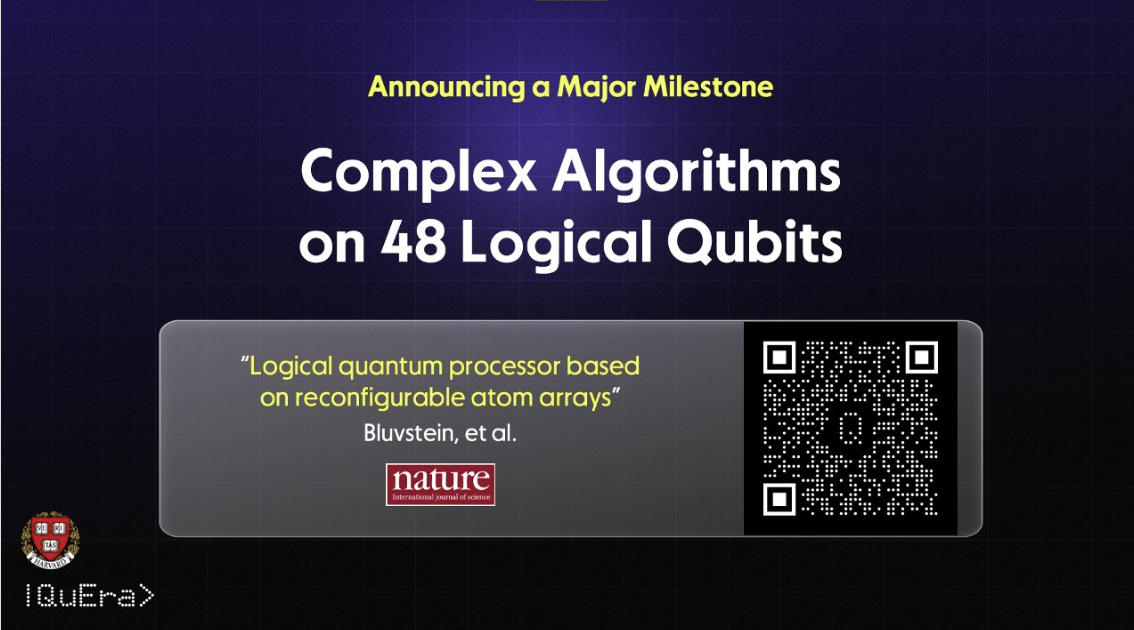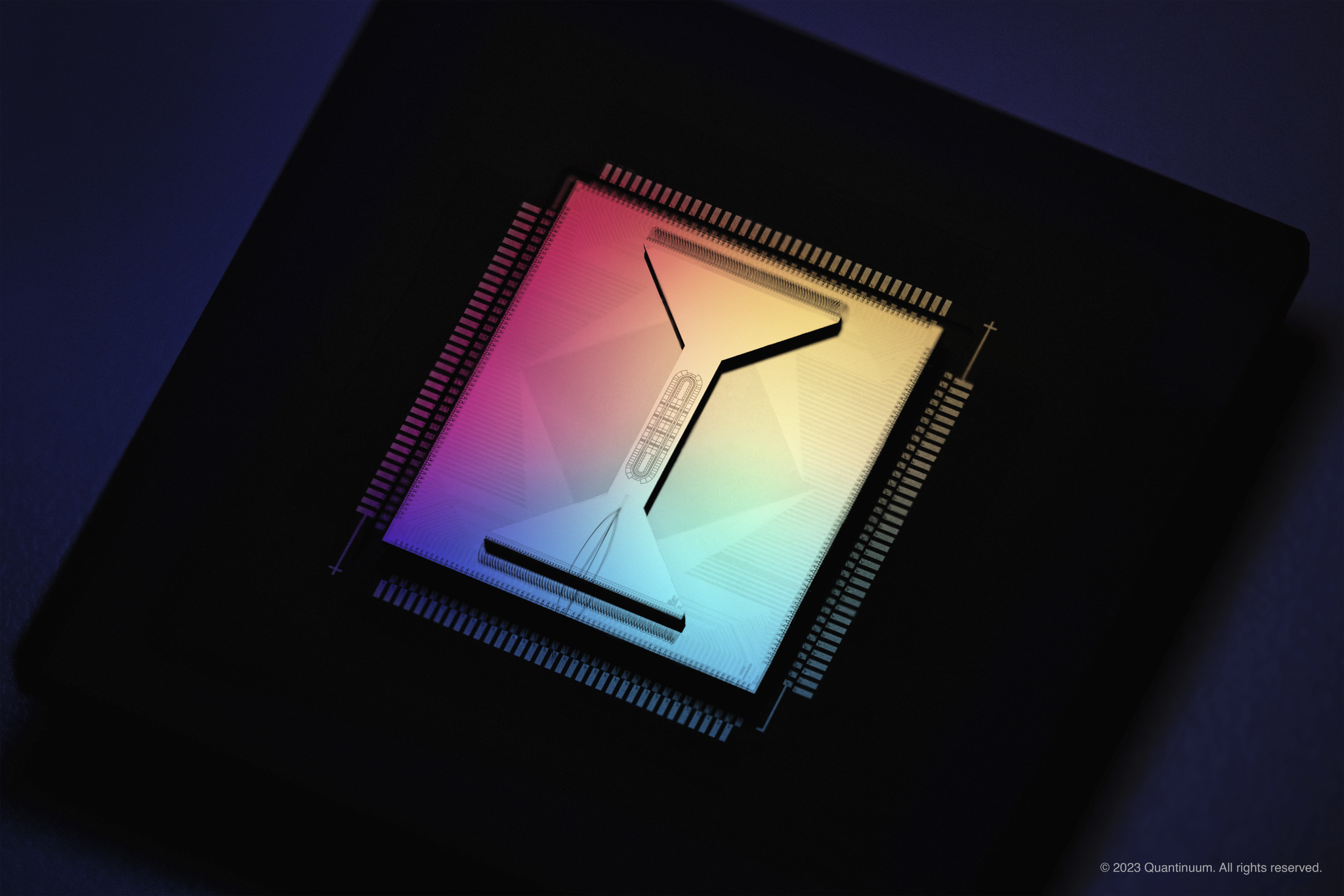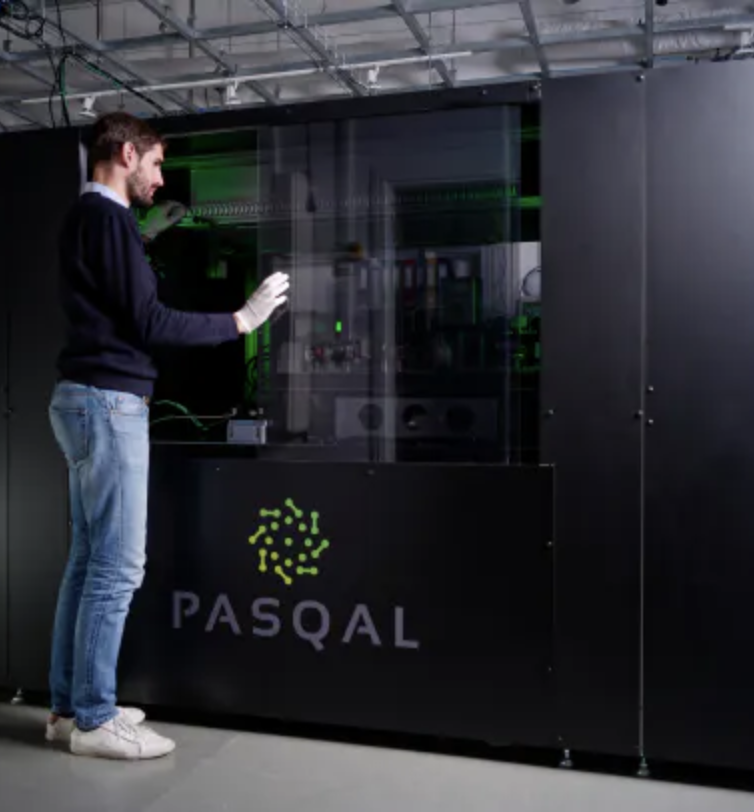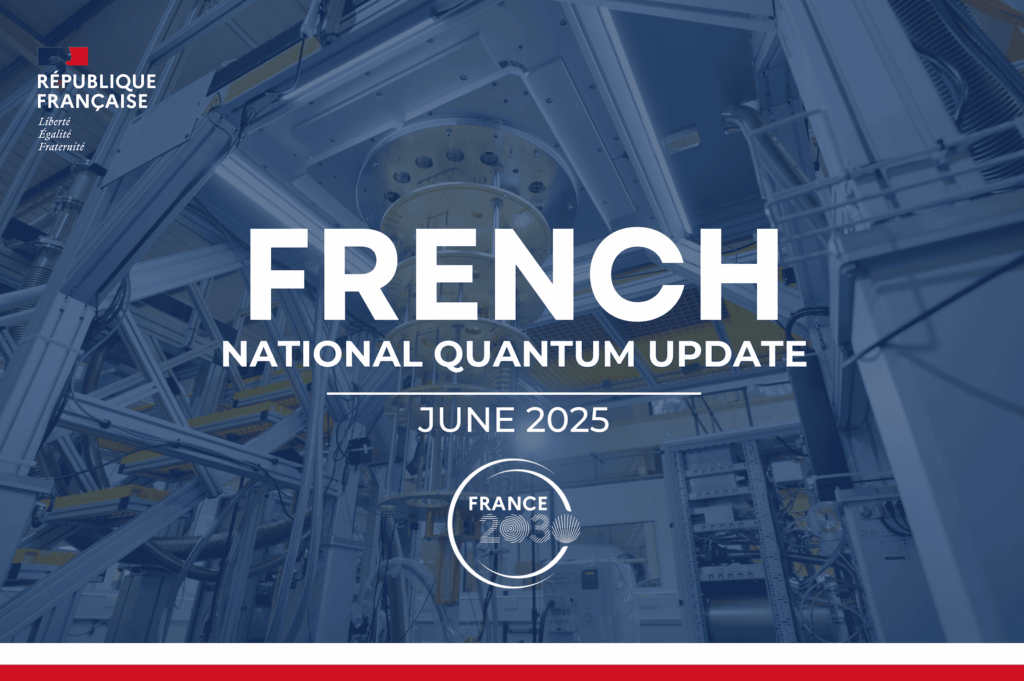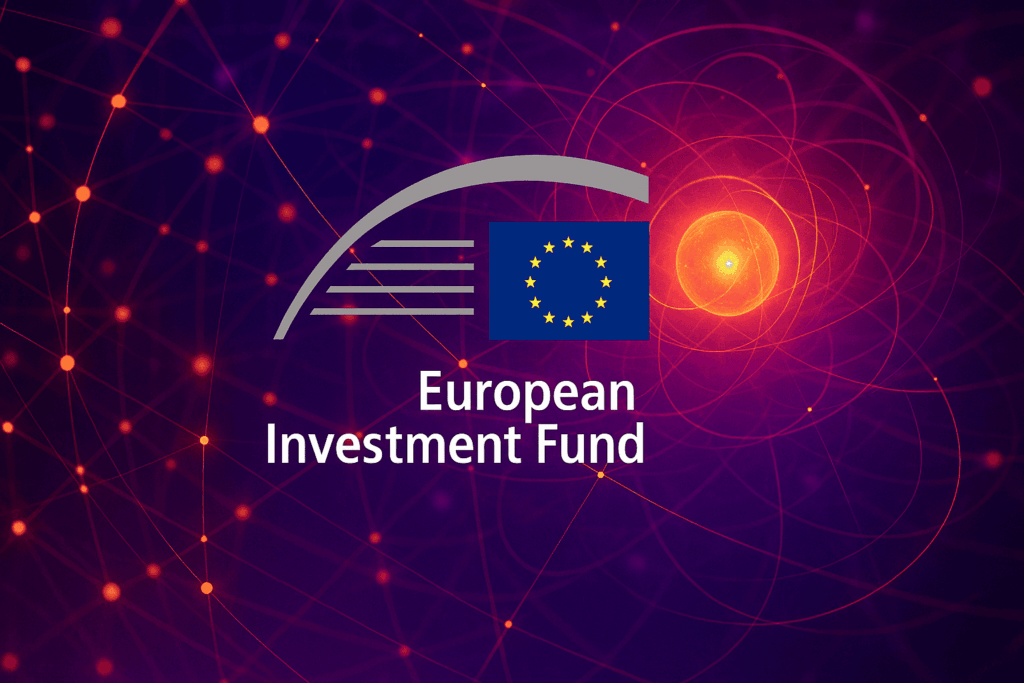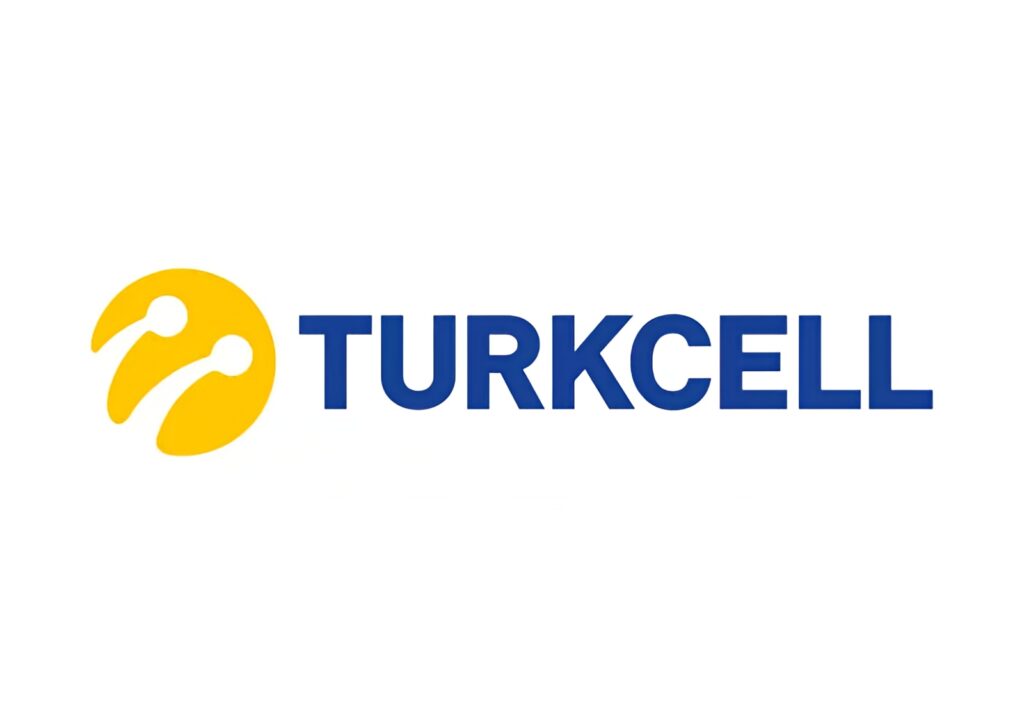In this list we’ll take a look at some of the major news developments in the quantum industry by category — research, business, and national.
From all indications, investment in the quantum industry quieted in 2023, compared to the explosion of funding rounds in 2021/22. Most industries, besides artificial intelligence, experienced this trend during the year.
However, this relative quiet was interrupted with some major funding news, which we’ll touch on below.
On the research and development end of the quantum industry, it was anything but quiet. Quantum scientists from both companies and research institutions — as well as many industry-academic collaborations — made unprecedented progress during the year.

Here are just a few of the stories that rocked quantum in 2023.
Research
Harvard Announces Major Advance in Error Correction Perform Complex Algorithms on 48 Logical Qubits
QuEra Computing, the leader in neutral-atom quantum computers, announced a significant breakthrough published in the scientific journal Nature. In experiments led by Harvard University in close collaboration with QuEra Computing, MIT, and NIST/UMD, researchers successfully executed large-scale algorithms on an error-corrected quantum computer with 48 logical qubits and hundreds of entangling logical operations. This advancement, a significant leap in quantum computing, sets the stage for developing truly scalable and fault-tolerant quantum computers that could solve practical classically intractable problems.
Quantinuum Scientists Create, Manipulate non-Abelian Anyons in Quest For Fault Tolerance
Quantinuum scientists and engineers announced the controlled creation and manipulation of non–Abelian anyons.
The control of non–Abelian anyons is considered a promising path to using topological qubits for a fault tolerant quantum computer.
The company scientists suggested that this advance provides a robust pathway towards scalable quantum computation.
Tony Uttley, then President and COO of Quantinuum, said of the achievment: “With our second–generation system, we are entering a new phase of quantum computing. H2 highlights the opportunity to achieve valuable outcomes that are only possible with a quantum computer. The development of the H2 processor is also a critical step in moving towards universal fault tolerant quantum computing.”
Immutable Topological States Can Be Entangled, Researchers Report
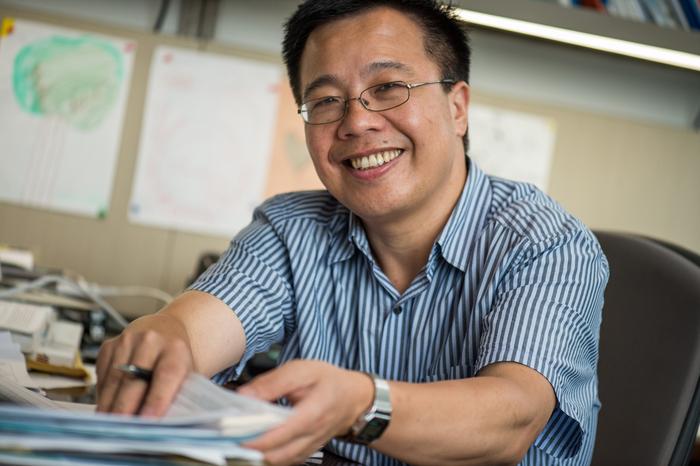
Rice University physicists have shown that immutable topological states, which are highly sought for quantum computing, can be entangled with other, manipulable quantum states in some materials.
“The surprising thing we found is that in a particular kind of crystal lattice, where electrons become stuck, the strongly coupled behavior of electrons in d atomic orbitals actually act like the f orbital systems of some heavy fermions,” said Qimiao Si, co-author of a study about the research in Science Advances.
Quantum Startup Atom Computing First To Exceed 1,000 Qubits
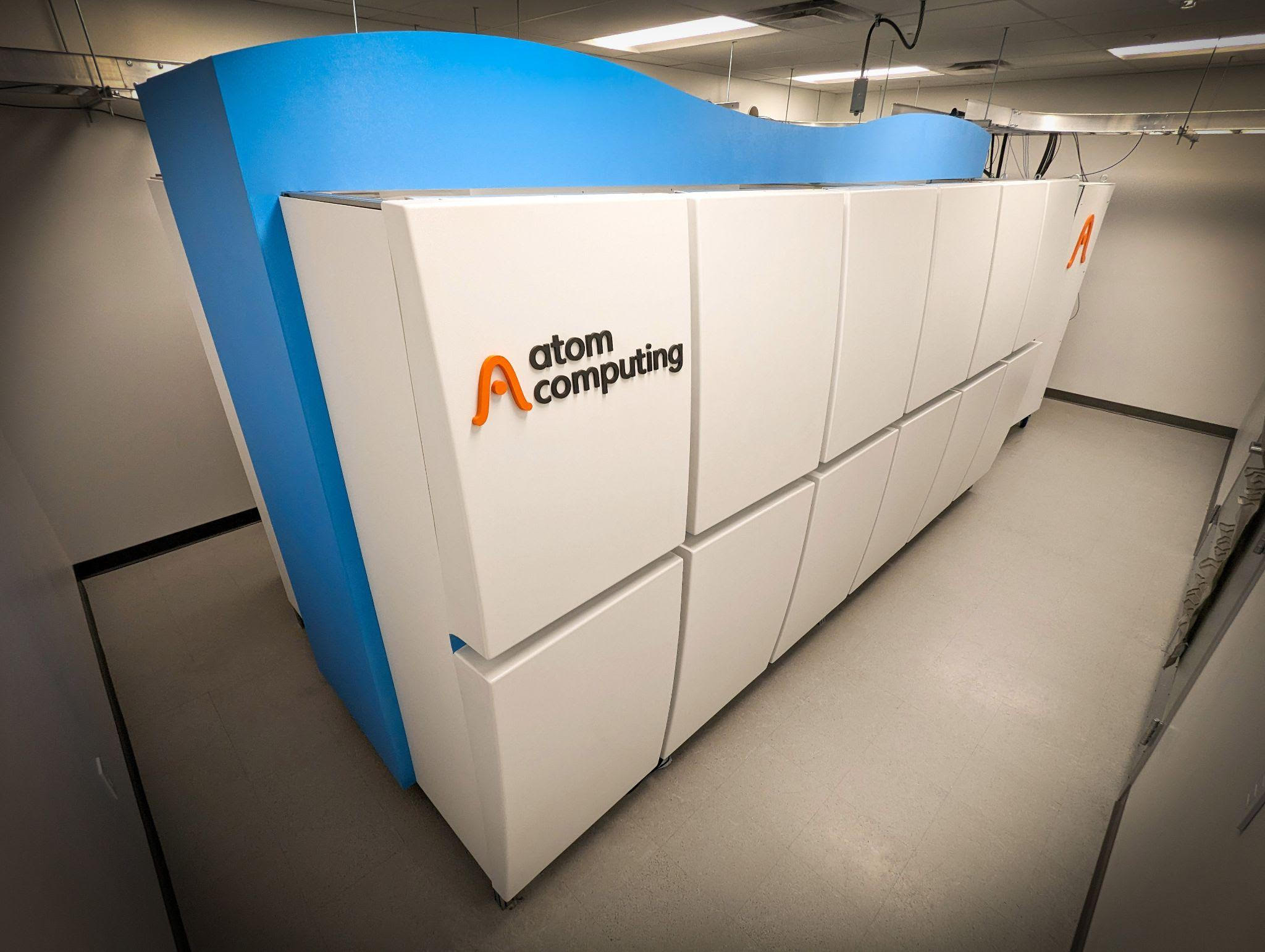
The 1,000-qubit device has been set as a waymarker on the roadmap of many quantum computer makers. Atom Computing announced in October that it created a 1,225-site atomic array, populated with 1,180 qubits, in its next-generation quantum computing platform.
This is the first time the 1,000-qubit threshold for a universal gate-based system has been crossed, according to the company.
It marks an industry milestone toward fault-tolerant quantum computers capable of solving large-scale problems.
The company uses nuclear spin qubits formed from arrays of optically-trapped neutral atoms. Company officials said in the news release that the device officially would be released in 2024.
IBM Makes Serious Run at 1,000-plus QC And Focuses on Error-Correction

IBM announced a series of updates that mark a pivotal shift in the technology’s trajectory, adding that it brings quantum utility — the point when quantum can be used to handle practical computational challenges — closer.
The company unveiled two new quantum computers at IBM Quantum Summit that promise to be the biggest and most efficient ever built. The first, called Condor, has well over 1,000 quantum bits, or qubits and the second, Heron is billed as one of IBM’s least error-prone devices. They also revealed major advances with experiments in error mitigation on superconducting quantum processors.
Finland Completes Second QC
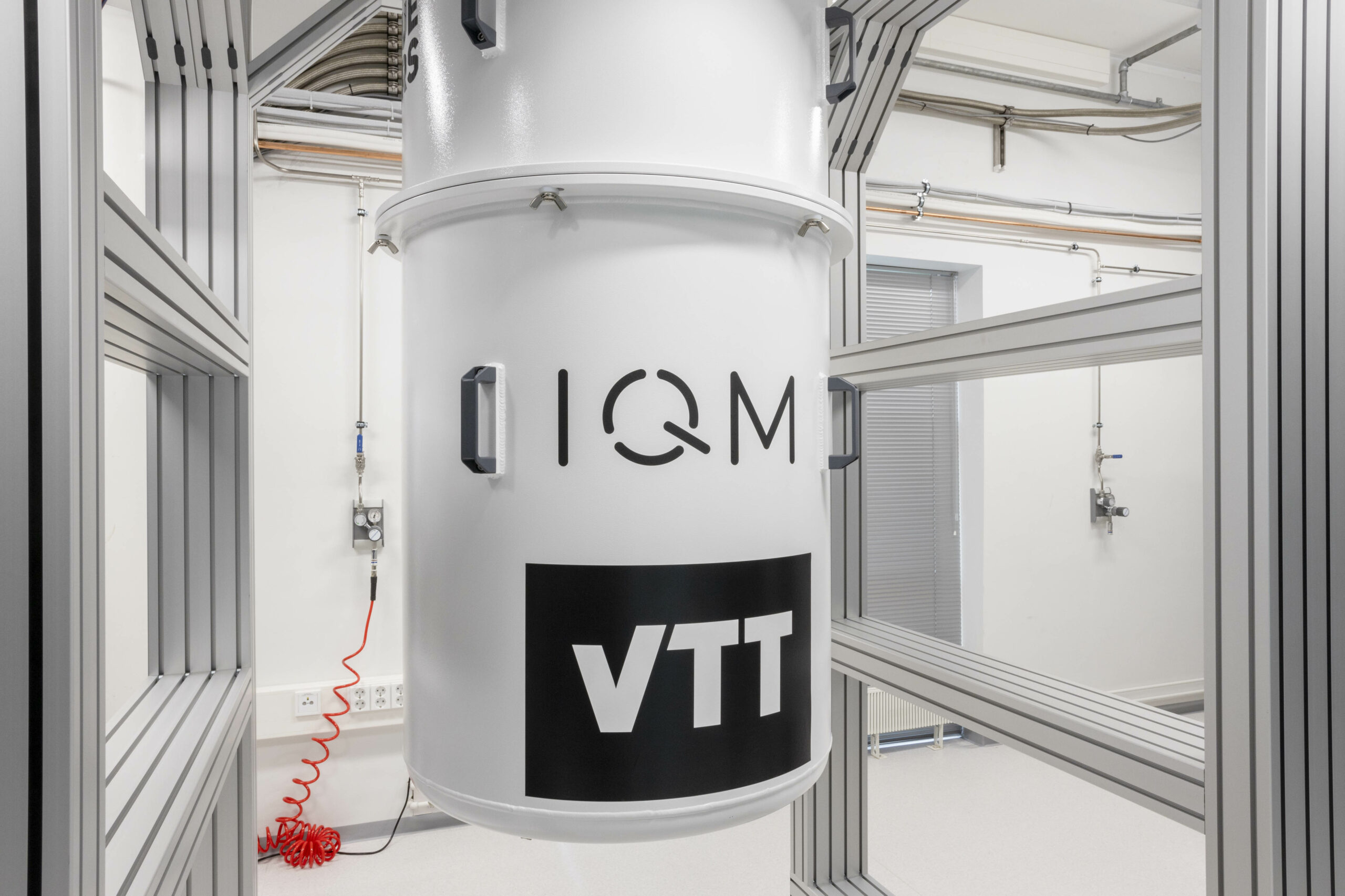
VTT Technical Research Centre of Finland and the European leader in building quantum computers, IQM Quantum Computers, have completed Finland’s second quantum computer. The new 20-qubit quantum computer further strengthens Finland’s position among the countries investing into quantum computing. Finland completed its first quantum computer, a 5-qubit one, in 2021.
Business
NVIDIA Gets Busy in Quantum

NVIDIA is typically associated with gaming and artificial intelligence. This year, it became more focused than ever with quantum, joining partnerships with quantum companies, including, for example, SandboxAQ, which will use NVIDIA’s quantum platforms to simulate quantum mechanics for chemistry, materials science and tensor network investigations. NVIDIA also announced new architecture in a collaboration with Quantum Machines,
DistriQ – Quantum Innovation Zone Announces Launch Of Quantum Studio
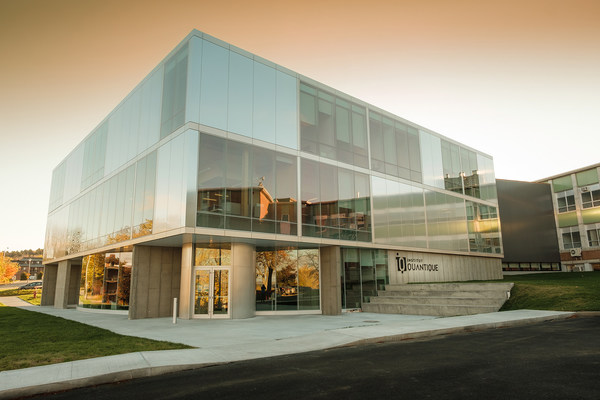
DistriQ, Quantum Innovation Zone, based in Sherbrooke, Quebec, is proud to announce the creation of the Quantum Studio and its partnership with Quantonation Ventures and ACET (Accélérateur de Création d’Entreprises Technologiques). The Quantum Studio is a startup studio and support structure specifically designed to enable quantum innovators to research, develop, and refine their projects with the aim of creating new and unique technology solutions for customers.
Capital Markets
Photonic Raises $100 Million From BCI, Microsoft, and Other Investors

Photonic Inc., a company building one of the world’s first scalable, fault-tolerant, and unified quantum computing and networking platforms based on photonically linked silicon spin qubits, announced it has raised an investment round of $100M USD. The funds were raised from organizations including British Columbia Investment Management Corporation (BCI), Microsoft Corporation, the UK government’s National Security Strategic Investment Fund (NSSIF), Inovia Capital, and Amadeus Capital Partners. This brings the company’s total funding raised to date to $140M USD.
PASQAL Raises €100 Million Series B Funding To Advance Neutral Atoms Quantum Computing
PASQAL, a leader in neutral atoms quantum computing, announced it secured a €100 million equity Series B raise led by new investor Temasek, a global investment company headquartered in Singapore. Other new investors include the European Innovation Council (EIC) Fund, Wa’ed Ventures and Bpifrance, through its Large Venture Fund. Continuing investors include Quantonation, the Defense Innovation Fund, Daphni and Eni Next.
OQC Announces $100 Million Series B
OQC announced that SBI Investment, Japan’s premier venture capital fund, is leading OQC’s $100m Series B raise. New investors in the round have been confirmed in addition to existing investors, Oxford Science Enterprises (OSE), University of Tokyo Edge Capital (UTEC), Lansdowne Partners, and OTIF, acted by manager Oxford Investment Consultants (OIC).
Q-CTRL Adds Morpheus Ventures To Series B Funding Round With Total Of $54 Million USD Raised

Q-CTRL, a global leader in developing useful quantum technologies through quantum control infrastructure software, announced the addition of Morpheus Ventures as a new investor in their record-setting Series B funding round, which has raised $54 million USD.
Zapata AI To Go Public Through Business Combination With Andretti Acquisition Corp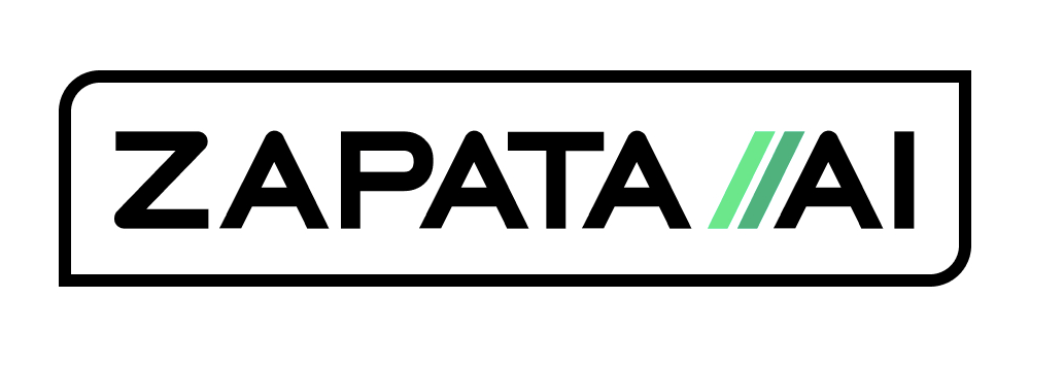
Zapata Computing, Inc. (“Zapata AI” or the “Company”), the Industrial Generative AI software company developing solutions and applications to solve enterprises’ hardest problems, and Andretti Acquisition Corp. (NYSE: WNNR), a publicly traded special purpose acquisition company, announced that they have entered into a definitive business combination agreement that will result in Zapata AI becoming a U.S. publicly listed company. Upon closing of the transaction, the combined company is expected to be listed on the New York Stock Exchange under the new ticker symbol “ZPTA”.
National
UK’s National Quantum Strategy To Maximize Quantum’s Potential For Improving Lives, Increasing Security And Boosting Economic Growth
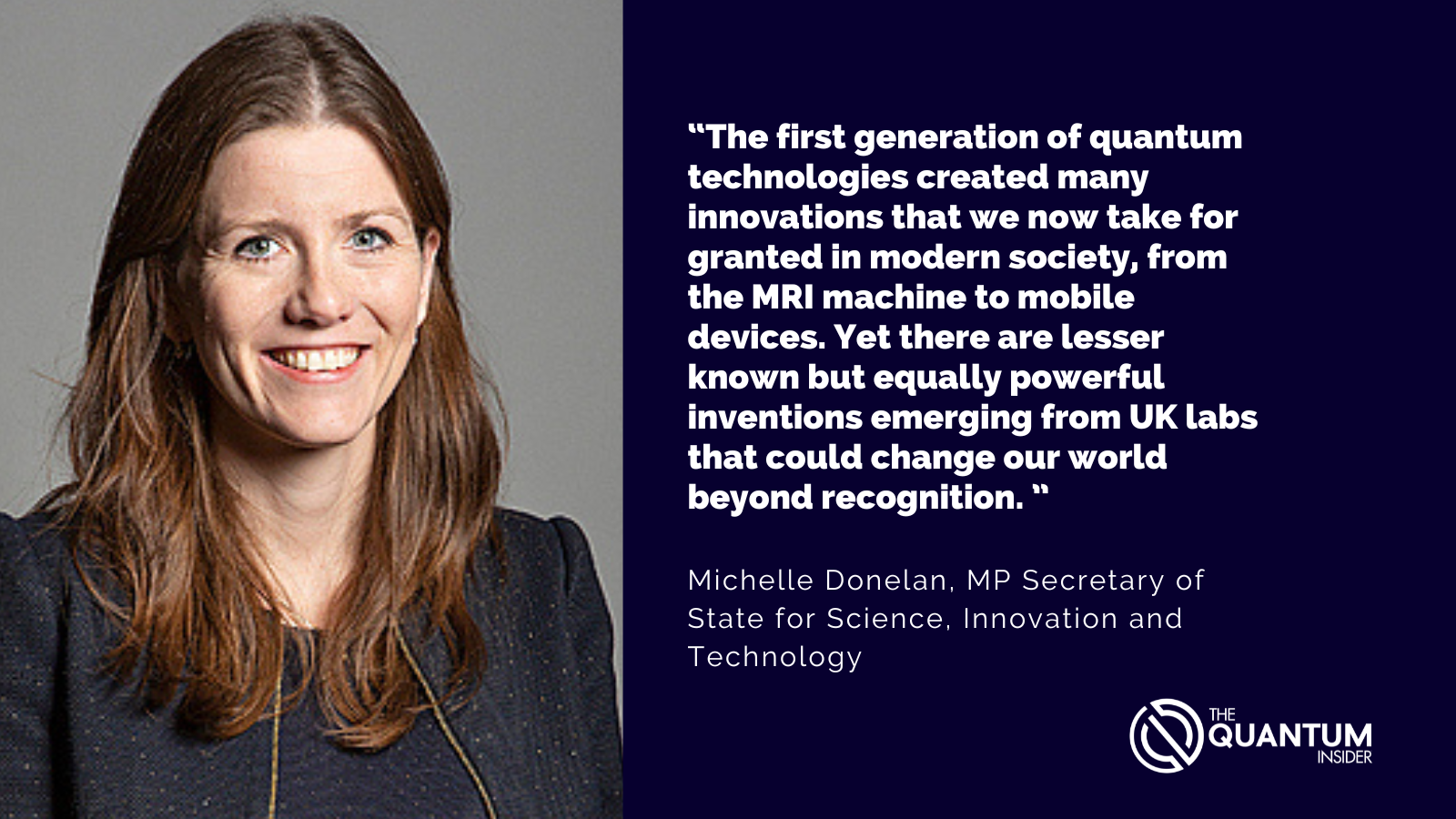
The UK government identified quantum technologies as a top priority for the next decade and explained this focus in its National Quantum Strategy released on March 14.
Released by the Department of Science, Technology and Innovation, the strategy calls out the significant potential benefits for the economy, society and the environment.
Quantum technologies leverage atomic-scale phenomena to manipulate information and solve complex problems that currently vex the most powerful classical computers. These technologies offer solutions to some of the greatest societal challenges and have the potential to transform healthcare, energy infrastructure, transportation, environmental monitoring, and national security.
South Korea To Invest $2.33 Billion In Quantum By 2035
South Korea has unveiled a strategic plan to invest more than 3 trillion won ($2.33 billion) in quantum science and technology with the aim of establishing itself as a global leader in the field, according to the South Korean news site Pulse. The announcement came from Science and ICT Minister Lee Jong-ho during a conference on quantum technology and science.
Under the plan, South Korea intends to significantly increase the number of quantum researchers, aiming for a seven-fold rise to 2,500 by 2035. The news site reported that the strategy reflects discussions between President Yoon Suk Yeol and quantum scholars at the Swiss Federal Institute of Technology Zurich earlier this year, making it the first national strategy to encompass a long-term vision for quantum science and technology.
If you found this article to be informative, you can explore more current quantum news here, exclusives, interviews, and podcasts.


